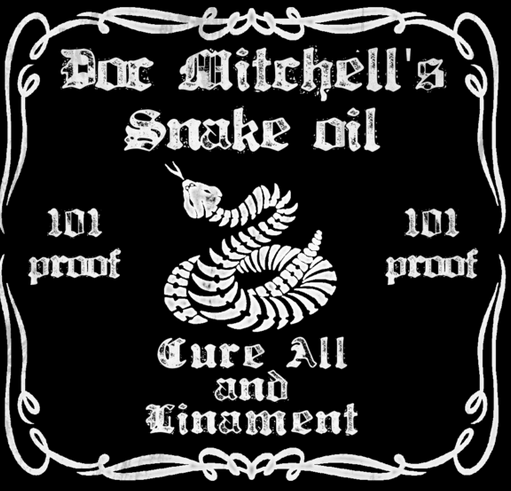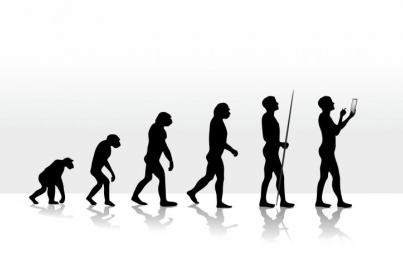
The "typical" educated, moderate-to-liberal, American person usually gets annoyed by anti-evolution creationists, and climate change deniers. But happily, anti-science isn’t reserved for the religious or conservative! For example, take the way liberals all across the land eagerly embrace Whole Foods as the pinnacle of health and enlightenment. And s writer Michael Schulson recently pointed out, the chain actively propagates this pseudoscience in more-than-troubling ways.
- Publications: Literature sold by Whole Foods include books written by actual M.D.s, alongside hoaxy-sounding titles like Herbal Medicine, Healing, and Cancer—written by a theologian, an article titled “The Secret Cause of Alzheimer's,” and a periodical entitled What Doctors Don’t Tell You.
- The Homeopathy section: Here products tout official-sounding Latin words and math terms, but research indicates homeopathic products are typically no more effective than placebos (and sometimes Whole Foods’ products are so diluted they essentially don’t actually contain the substance they advertise anyway.)
- Food items: You can buy chocolate with “goji berries and ashwagandha root to strengthen your immune system”; bottles of chlorophyll concentrate, which “builds better blood”; and tea designed to heal the heart, and many other products with questionable claims.
- Probiotics section: Probiotics comprise multiple shelves in Whole Foods. And while it’s increasingly clear that gut bacteria plays a major role in health, antibiotic products aren't necessarily legit. (Schulson invited a biologist friend to read the healing claims on some of the bottles at Whole Foods—to which she responded, “This is bullshit.”)
There’s plenty about Whole Foods that is praiseworthy—their commitment to sustainability, healthy products, and greater selection of non-highly-processed foods. But that doesn’t excuse the snake-oil-salesman tactics that the chain also promotes. Goji berries, to take a previously-mentioned example, may be found to have immune system benefits, but without proper study to back this claim up, making sweeping claims about benefits is fairly dishonest.
We have a tendency to package ideas together as discrete ideologies, and then buy wholesale into this arbitrary bundling. We do it with political parties, and we do it with ideas about health. As Schulson points out,
“Bringing sound data into political conversations and consumer decisions is a huge, ongoing challenge. It’s not limited to one side of the public debate.”
Sound point. Likewise, he sums up the uncomfortable truth that when it comes to ideologies and lifestyles,
“pretty much all of us are hypocrites.”
So there ya have it. The importance of critical thinking strikes again.
(Image: commons.wikimedia.org)




